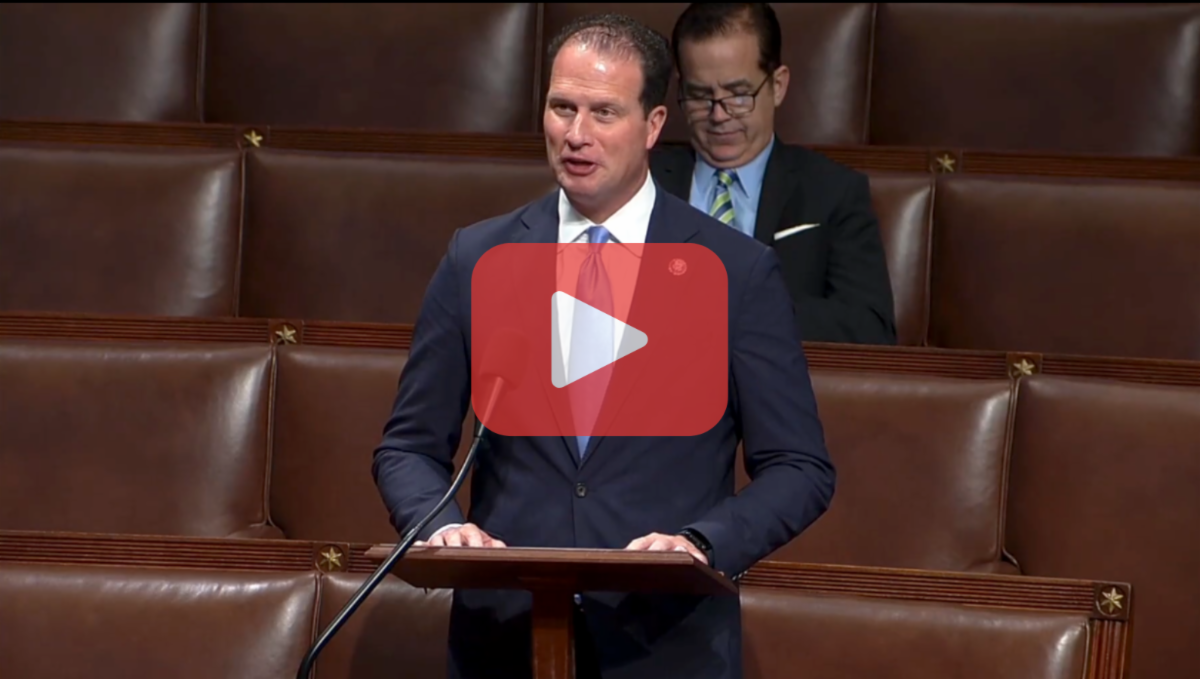US House passes ban on states’ requiring GMO labeling
 The US House of Representatives passed a major bill that, if passed by the Senate and signed into law, would pre-empt States from enacting labeling laws relating to genetically modified organisms (GMOs). Another key provision is that any GMO food crop would have to be pre-approved by the FDA, in a fashion akin to how the FDA handles drug safety.
The US House of Representatives passed a major bill that, if passed by the Senate and signed into law, would pre-empt States from enacting labeling laws relating to genetically modified organisms (GMOs). Another key provision is that any GMO food crop would have to be pre-approved by the FDA, in a fashion akin to how the FDA handles drug safety.
Vermont has passed a GMO labeling law that would be moot if Representative Mike Pompeo (R-KS) becomes law. The formal name of the bill is the Safe and Accurate Food Labeling Act of 2015. Opponents call it the DARK Act. The House vote was 275-150, with most Republicans, most rural representatives, and some inner city Democrats supporting the measure. Clearly it is a mixed bag.
Why all the fuss? According to John Dale Dunn, MD, JD, concerns some have over GMO crops amount to scaremongering:
“In fact it is the normal and regular process of improving plant strains by modifying their characteristics—it is not Frankenstein food, it is nothing more than an improvement on hybridization that has been a practice for centuries to improve plant production.”
Jay Lehr, Science Director at the Heartland Institute adds that:
“We have been genetically modifying—improving food now for 30 years and there is not a single proven case of a single human being made sick by it—NOT ONE—and we are now growing genetically modified crops on more than 120 million hectares around the world in 28 countries.”
Why is Washington getting involved? Greg Conko, PhD and Executive Director of at the Competitive Enterprise Institute, a Washington-based conservative think tank, explains that:
“The answer is that many states are considering mandatory labeling. That scares the packaged food industry.”
The labeling effectiveness itself is questionable. Conko elaborates:
“On the one hand there is evidence from Europe where they have labels that when people go to the grocery store they don’t actually look at the labels to see if genetically engineered ingredients are in the product. Consumers still look for trusted brands, price, and other marketing appeals. However, [labeling] causes ‘green’ groups to mount PR campaigns against the manufacturers. The packaged food industry does not operate on large profit margins, and their concern is that if ‘green’ groups boycott Kellogg’s Corn Flakes for example, and they lose 5% of sales, it could eliminate all profits on the product.”
Further, the public does not really understand that GMO is common today. According to Conko:
“95% of the soybeans and 40% of the corn grown in the United States is genetically engineered. If you buy bread, a packaged meal, or nearly anything packaged it will have some component of soy or corn, either flour, oil, or some other product from those crops.”
But is there any harm in labeling? Dunn continues:
“The big problem is it encourages the anxious and fearful for no good reason. For a plant or animal to be labeled GM, one must consider that most current plant and animal components of the food supply are the product of some form of genetic manipulation—this is just pandering to the neurotics—it needs to stop because in modern life we can’t cater to neurotics without interfering with progress. Labeling is not a benign thing—it is intended to promote devolution and slow progress.”
How has this occurred in the absence of labeling? Conko responds:
“FDA scientists have historically taken the position that GMO crops are not fundamentally any different than selectively bred ones, a practice that has gone on for millennia. However, safeguards are already in place to check the nutritional content, taste, and even texture of any new crops for human consumption.”
Additionally, the USDA and the EPA also now regulate GMOs.
The Bill’s Title gives and the fine print takes away
While food manufacturers are generally pleased with the potential law, or at least think it better than the specter of dealing with individual state laws, tradeoffs exist. It will now require FDA pre-approval in much the same fashion as drugs are done today. It clearly grows regulatory authority, burden, and hence costs of the federal government. In the stark absence of any harm done to anyone due to GMO crops—there are many checks on the nutrition and potential problems long before the crops are commercialized—the cost-benefit advantage remains elusive.
In light of the absence of problems with GMO crops, Conko advises:
“We should in fact be moving in the other direction. Instead of adding this pre-approval by the FDA we should be getting rid of the mandatory rules that USDA and EPA have."
Could the FDA eventually turn into another nightmare agency like the EPA? Conko answers:
“I think that is exactly right. How do we know that is true? Look at what the FDA has done with genetically engineered salmon. The enabling legislation had to do with drugs for veterinarian use, [not genetically modified food animals]. The agency has a statutory deadline to make a decision in 180 days. However, in the case of the salmon, the process has dragged on for years and there is effectively no route to ensure timely decisions.”
To a similar question regarding this expanded FDA authority, Henry I. Miller, MD, of Stanford University adds:
“It would be an awful change. As it is, FDA is taking YEARS to do reviews that should take weeks (and in this case, are completely unnecessary). How do I know? I was the medical reviewer for the first bioengineered drugs, in the 1980's. We approved the first two (human insulins) in five months.”
Finally, Dr. Dunn concurs, perhaps more forcefully than the others:
“You saved the killer question for last—do you realize what could be done by a malicious and mendacious FDA to interfere with the introduction of a new strain of corn or soybeans or rice or beans? The FDA could kill GM and it would. Trust me, it would. If you have any doubts about what I say, consider the conduct of the executive agencies that would be involved in GM regulation—“friendly” agencies like the FDA, the EPA or the DOJ.”
Finally, Dr. Lehr is the most succinct:
“This is a horrible thing and WILL BE HEAVILY ABUSED BY FDA SOONER RATHER THAN LATER.” [emphasis by Lehr]
The prognosis in the Senate is not clear at this point. Being an issue funded by the “green” organic farmers, the White House is thought to support the labeling.








